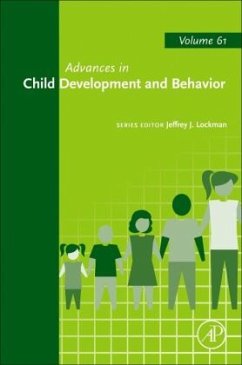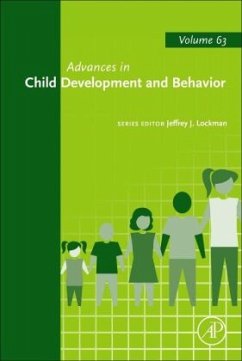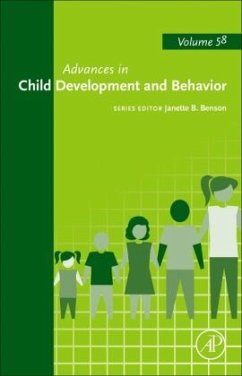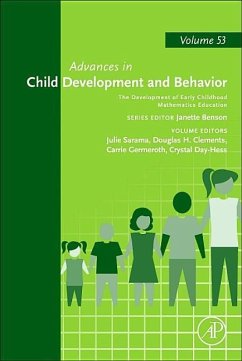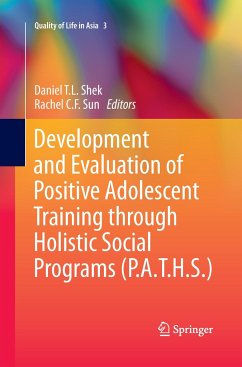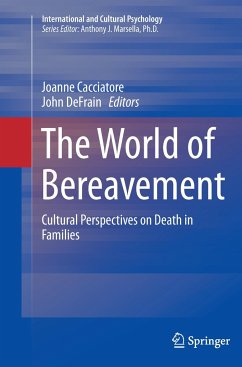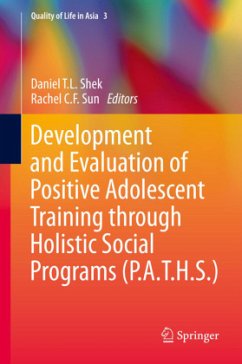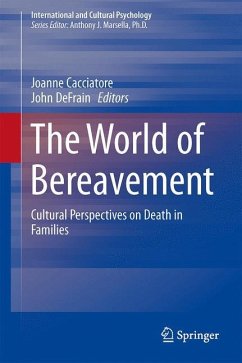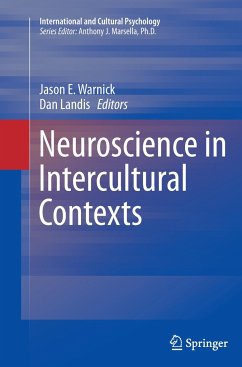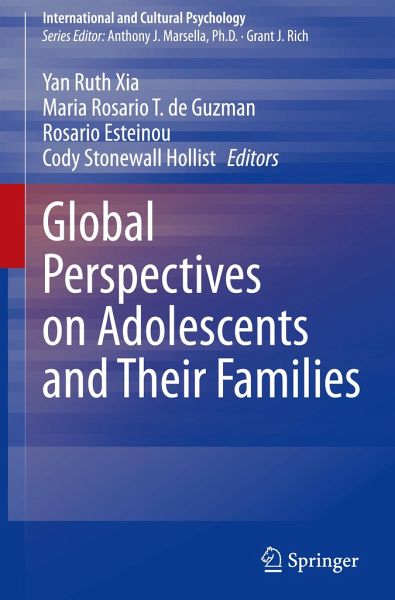
Global Perspectives on Adolescents and Their Families

PAYBACK Punkte
69 °P sammeln!
This edited volume examines the adolescent period across multiple cultural settings, and in a range of contemporary contexts (e.g., rural-vs-urban, political unrest/war, rapid globalization). It employs a multi-disciplinary lens, while addressing traditional issues (e.g., identity development) and recently emergent ones (e.g., social media).It contains four main sections: 1) adolescence and families in contexts with rapidly shifting societies/norms, 2) adolescence and families in the context of socio-political crisis and upheaval, 3) adolescence and families in the context of individual stress...
This edited volume examines the adolescent period across multiple cultural settings, and in a range of contemporary contexts (e.g., rural-vs-urban, political unrest/war, rapid globalization). It employs a multi-disciplinary lens, while addressing traditional issues (e.g., identity development) and recently emergent ones (e.g., social media).
It contains four main sections: 1) adolescence and families in contexts with rapidly shifting societies/norms, 2) adolescence and families in the context of socio-political crisis and upheaval, 3) adolescence and families in the context of individual stress and strain, and 4) adolescent Identity development in the family and in transition to adulthood. Contributors to this volume are leading scholars from a range of disciplines (e.g., anthropology, psychology, family science) and thus explore adolescence from multiple perspectives. Cross-cutting themes include how the broader socio-ecological background and "ecocultural niche"shapevarious dimensions of adolescence, how the role of the family is redefined in these various contexts and circumstances, and how adolescent resilience and family strengths are formed across a broad range of settings. Throughout, this volume highlights the continued centrality of family in the development and well-being of adolescents across the globe. This is an essential resource for practitioners and researchers who treat and study adolescents.
It contains four main sections: 1) adolescence and families in contexts with rapidly shifting societies/norms, 2) adolescence and families in the context of socio-political crisis and upheaval, 3) adolescence and families in the context of individual stress and strain, and 4) adolescent Identity development in the family and in transition to adulthood. Contributors to this volume are leading scholars from a range of disciplines (e.g., anthropology, psychology, family science) and thus explore adolescence from multiple perspectives. Cross-cutting themes include how the broader socio-ecological background and "ecocultural niche"shapevarious dimensions of adolescence, how the role of the family is redefined in these various contexts and circumstances, and how adolescent resilience and family strengths are formed across a broad range of settings. Throughout, this volume highlights the continued centrality of family in the development and well-being of adolescents across the globe. This is an essential resource for practitioners and researchers who treat and study adolescents.



